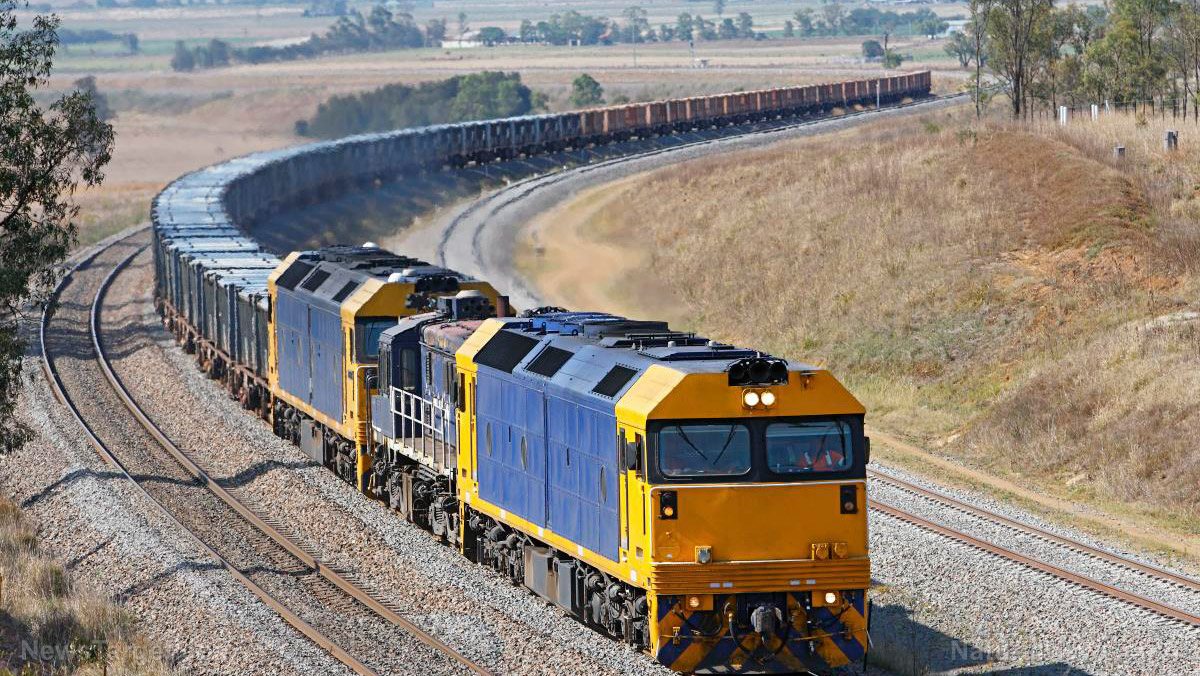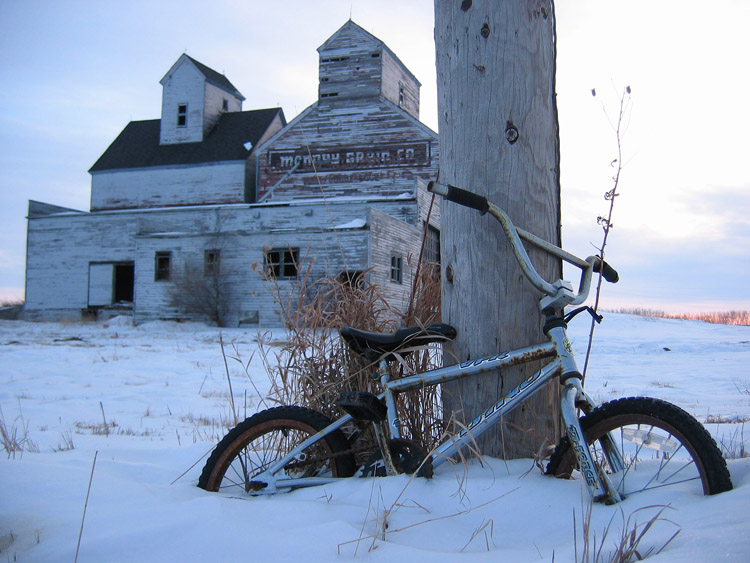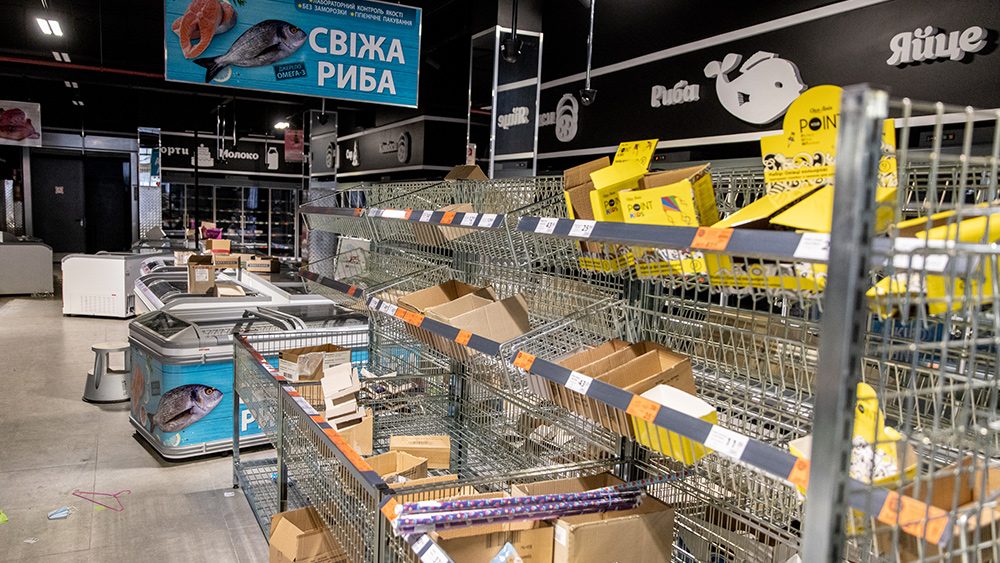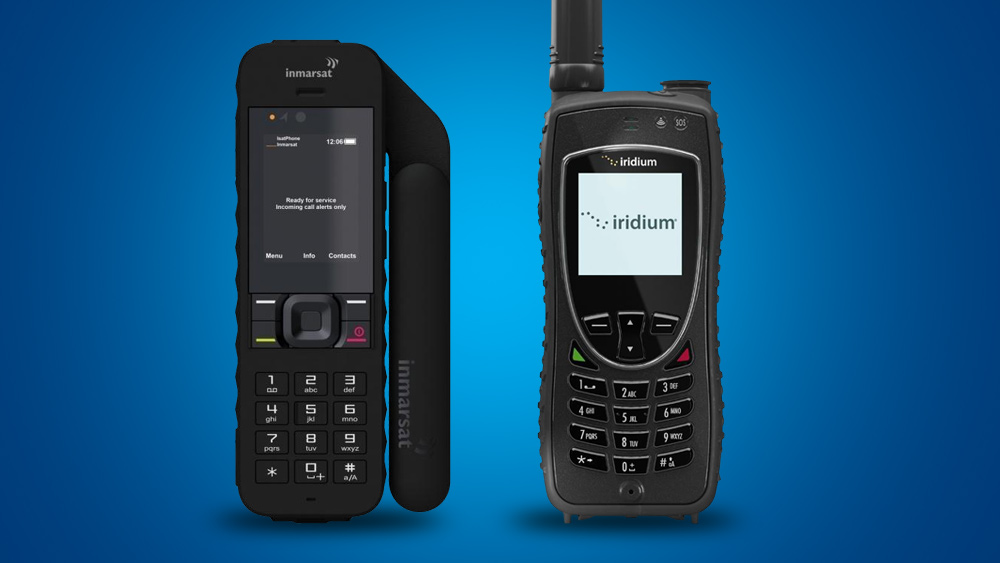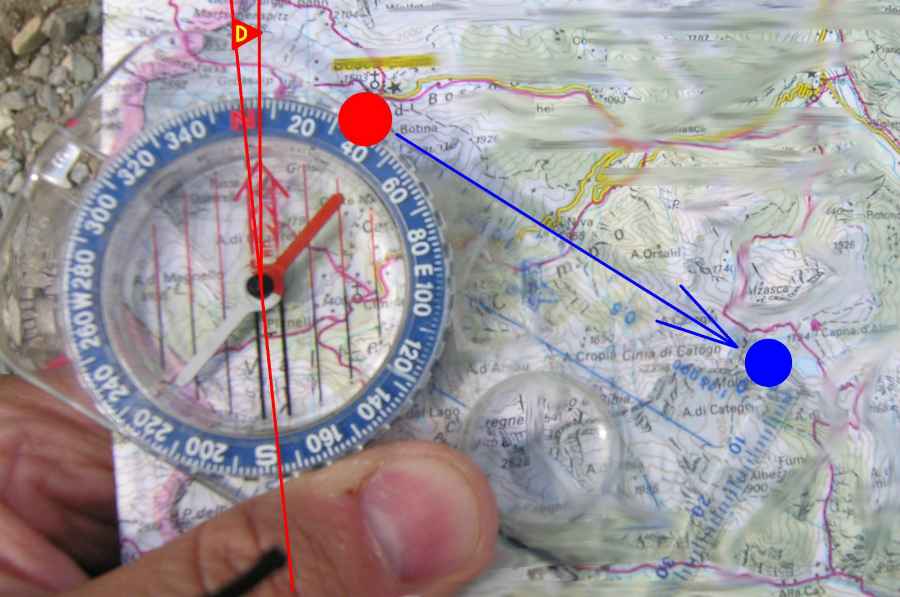Prepper must-haves: Radio gear as barter currency
04/20/2022 / By Zoey Sky
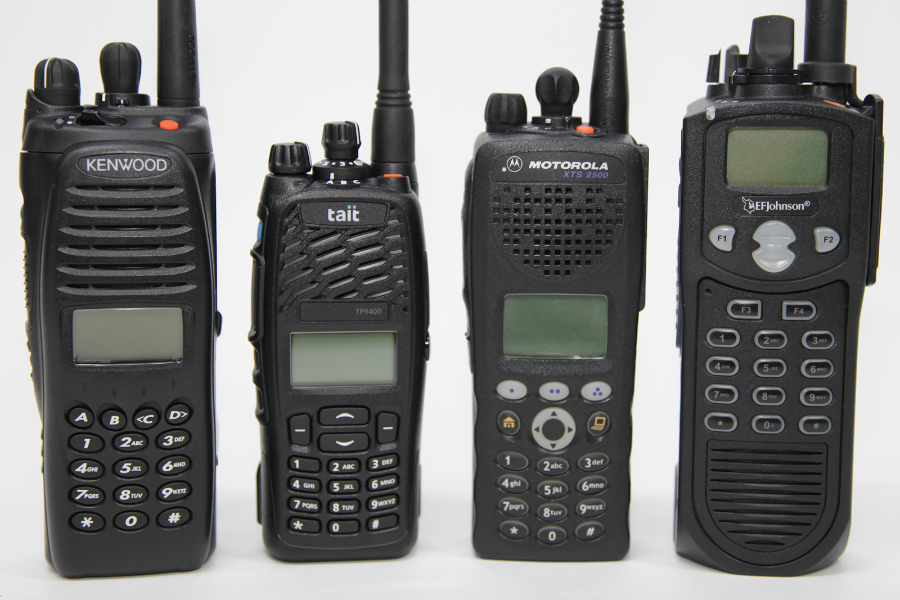
Communication is an important part of every prepper’s emergency preparedness plan. Before SHTF, you should learn how to use radios and radio gear so you can monitor the news and keep in touch with your family, friends and fellow preppers.
If you have enough space in your stockpile, you should also keep a stash of extra radios and radio gear that you can use for bartering after disaster strikes. (h/t to TheOrganicPrepper.com)
Why barter with radio gear?
People understand the importance of bartering in a post-SHTF world so they stock up on tradable goods like silver coins, alcohol and ammo. This ensures that they have something to trade with when fiat money becomes useless.
But have you ever considered stocking up on other survival supplies, like radios and radio gear?
Compared to ammo or alcohol, people probably wouldn’t be surprised if they find out you have a stockpile of radios and related gear. It’s also one of the most important things other people are going to be looking for post-SHTF since you will need a reliable means of communication and receiving news from the outside world.
But not everyone will know or realize this. If you stock up on radios and radio gear now, your wares could be in demand after disaster strikes.
Different types of radios for bartering
Radios could be in short supply after a massive disaster. And if you’re going to barter radios and radio gear, you will have items that are portable, compact and practical unit of currency for bartering.
Unlike a gold coin worth about $2,000, which you’ll have trouble bartering fairly for food, radio is easier to trade with.
CB radio
CB radios are ideal if you want to set up a large-scale communication network. They’re straightforward and intuitive, and they have a respectable range. CB radios are also rather affordable.
Handy-talky (HT) units
Handy-talky units can also be used for bartering. Trade HT units for food, fuel or other supplies.
HT units can also be used for your community’s radio network. If you’re not sure which models to get, stick with the UV-5R or the 2m/70cm bands since these are where the majority of the traffic is going to operate.
Before SHTF, get your license so you can use ham radio bands without worrying about getting in any legal trouble.
Shortwave receivers
Shortwave receivers can be used to get information from the outside world when SHTF. If the internet goes down or if there is a grid failure, you can still get updates with a shortwave receiver as long as ham radio operators and stations are still on the air.
Walkie-talkies
Manage your expectations when it comes to the range that walkie-talkies advertise.
Despite their limitations, walkie-talkies are great for perimeter security. Out of all the radio options, walkie-talkies are some of the easiest to barter. (Related: Prepper skills: How to barter effectively after SHTF.)
Radio gear for bartering
When stocking up on radios, make sure you also get related gear.
Adapters and cables
Radios will be useless if you don’t have cables and adapters for your gear.
Adapters are beneficial if you’re building your own antennas or are trying to make use of the infrastructure already in place you’ve found around you after SHTF, such as when you find an antenna setup for ham radio, but the ham radio is gone.
Ham radio operators will be willing to barter if you have the adapters that they need. While this means your clientele is rather a niche, these are going to be something people are going to truly need.
Stock up on adapters if you can because they’re cheap, small and indispensable.
RG-8X coax cables are also going to be in demand after SHTF since you need them to make your own antennas. When stocking up on coax cables, get cables that already have the type of adapters on the end that you need.
Antennas
Your radio is only as good as its antenna, but some people don’t realize this until it’s too late.
Whip antennas for HT units can help boost your range over what you would have with a stock HT antenna.
Charging equipment
Like other devices, radio equipment also needs to be charged. Stock up on high-quality chargers so people you barter with don’t come after you for selling cheap stuff.
Charging docks eventually break, but if you don’t have enough space for these just get a couple of extras for bartering.
A massive charging dock would work best for bartering with someone on a large survival compound full of UV-5Rs. A massive charging dock will be the most efficient and organized method they can use to keep their radios charged.
Bartering tips
If you’re new to bartering, keep these tips in mind:
- Try to barter with people you know and trust, like your friends or neighbors.
- If you’re bartering with people you don’t know, go with someone you trust so they can help you if things don’t go as expected.
- Bartering may require you to disclose at least part of your supplies, which can make you a target for those who want to steal from you. Meet up with the other party at a secure location that you both agree on, but don’t tell them your home address.
Before SHTF, you need to know how to use radios and radio gear so you can communicate when the grid goes down. When bartering, knowing how to use radio gear can also help the other party trust you and the quality of your items.
Barter your extra radios and radio gear so you can feed your family after disaster strikes.
Visit Gear.news to learn more about other items that you can use for bartering after SHTF.
Watch the video below to know more about alternative SHTF bartering items.
This video is from the Prepping101 channel on Brighteon.com.
More related stories:
4 Kinds of gear that you’ll need to survive a post-SHTF world.
11 Things you need to add to your get-home bag.
A guide to building your own mobile solar power station.
Prepping to barter when SHTF: What skills to learn and items to stockpile.
Sources include:
Submit a correction >>
Tagged Under:
bartering, Collapse, emergency supplies, how-to, preparedness, prepper, prepping, radio communication, radio gear, SHTF, survival, survival gear, Survival Tips, survivalist, tips
This article may contain statements that reflect the opinion of the author
Get independent news alerts on natural cures, food lab tests, cannabis medicine, science, robotics, drones, privacy and more from NewsTarget.com
Get independent news alerts on natural cures, food lab tests, cannabis medicine, science, robotics, drones, privacy and more from NewsTarget.com
RECENT NEWS & ARTICLES
SHTF.News is a fact-based public education website published by SHTF News Features, LLC.
All content copyright © 2018 by SHTF News Features, LLC.
Contact Us with Tips or Corrections
All trademarks, registered trademarks and servicemarks mentioned on this site are the property of their respective owners.










